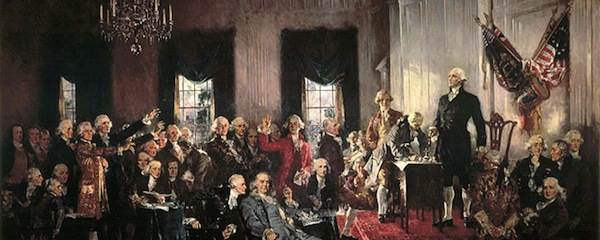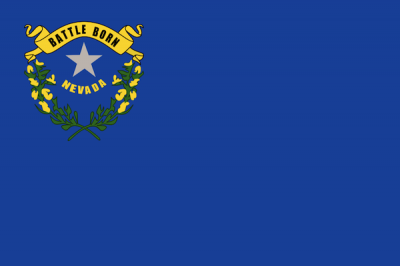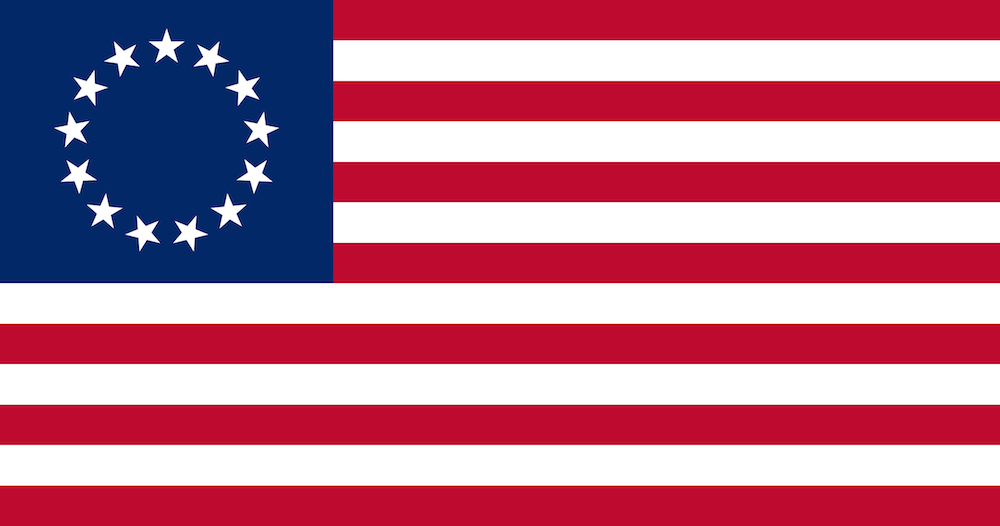
Should constitutions include an official principle of the people’s right to rebel against their governments?
There has always been a bit of (or a lot of) tension between those who believe the right to revolt is natural and inalienable at all times versus those who believe all transitions must be orderly, legal, and constitutional.
As a pressure valve for self-preservation, the latter camp tends to adopt constitutional systems (formally or informally) that allow for regular turnover, either by frequent election or by scheduled leadership changes. Britain’s modern parliamentary system, for example seeks to keep rebellion in check by making it relatively easy to bring down governments that are messing up, via orderly no confidence votes and early elections. In another example with similar motivations, the current Chinese government leadership has five year terms now between internal party elections and has age limits, to guarantee turnover.
The U.S. model tends to release the pressure through a combination of semi-frequent elections (though no early elections for the presidency, ever) and very formalized removal procedures for misconduct. So, civilians can remove other civilians constitutionally from power and transfer the power down an established chain without elections, and it’s not a coup d’état.
Still other systems allow for less turnover but implicitly favor mass demonstration as the best way to express opposition. The various French Republics, descending from the awkward marriage of a powerful central executive (originally the king) and multiple revolutions, managed to arrive at a strange compromise under De Gaulle’s 5th Republic after 1958. That compromise was to have (more or less) a nearly omnipotent president elected to seven year terms (with more than one term permitted), almost no formal way to express opposition (e.g. no early elections, weak parliament, etc.), and then to just continue to let unions, students, and other protesters go wild in the streets (or at least go on mass strikes) when they became sufficiently furious over something. As in all 15 French constitutions, the one implemented in 1958 included a “right to resist oppression.” This compromise setup posed various problems for the 5th Republic, but it’s certainly been more stable and stronger than the third or fourth republics, which basically collapsed under their own inefficacy. (Both the first and second ended in fluid transitions into dictatorship.) Eventually, though, they did moderate it down to five year terms at the beginning of this century.
In the United States, of course, there’s been lots debate since 1776 (or even before) about whether (and when) people can overthrow their governments. Through repeated use of military force domestically by the government, as well as consistent court decisions, the consensus has been achieved that it’s pretty much not ok to overthrow or take up arms against the U.S. government… unless you count that last time when they waged a war of separation against the British Empire and various loyalist populations. So, had any of those later insurrections — whether in Appalachia, Western Massachusetts, the Confederacy, or among the American Indians — prevailed, I guess it would have been a different story. (And indeed, that one uncomfortable, local armed coup d’état in North Carolina in 1898 went largely ignored by the U.S.) But at the very least, it has been made clear that there is no legal or constitutional right to overthrow the government of the United States, even if perhaps there is a Jeffersonian-style “natural” right to give it your best shot and see what happens.
But there’s also a very curious compromise in a number of countries, occupying a middle ground between the “transition must be legal” faction and the “revolution is a natural right” faction. A study by Daniel Lansberg-Rodriguez, Tom Ginsburg, and Emiliana Versteeg (discussed here after the recent Thailand coup) found that 20% of countries today (up from 10% in 1980) with formal constitutions in effect have adopted constitutional provisions explicitly protecting the right of the people to rebel, revolt, or otherwise topple their governments. Some of them are as vague as the French provision I mentioned above. Others, under the Turkey model, are much more explicit in carving out a role for the country’s military to intervene against the civilian leadership when it oversteps (or is perceived as overstepping) against the people or “democracy” or secularism or whatever.
Read more




 Yesterday’s
Yesterday’s 
